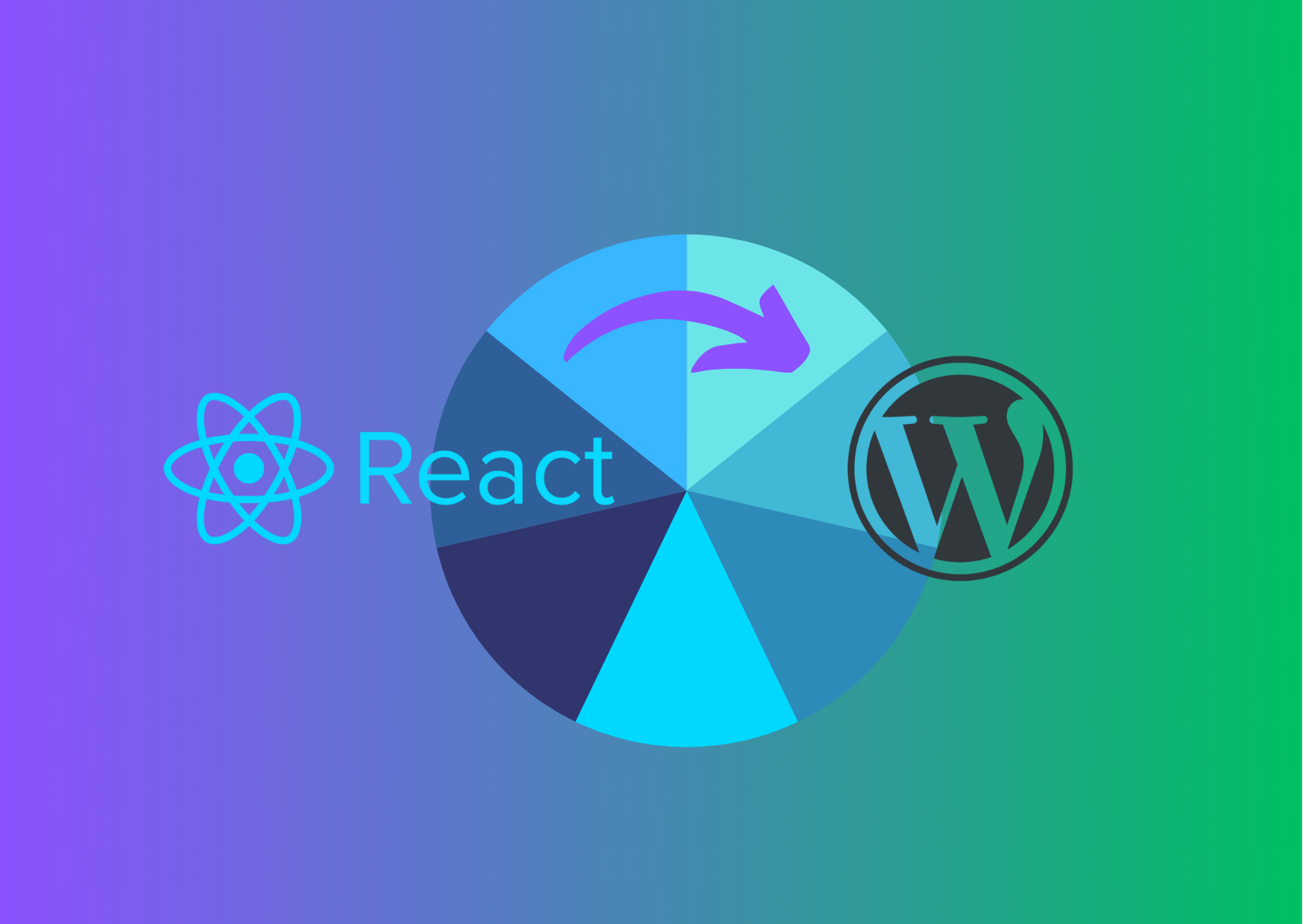Deciding On Which E-commerce Platform Is Right For You
The Apprato Blog is the hub for business owners, managers, entrepreneurs and developers featuring key technology news, resources and insights.

You have decided to sell your products or services online, and you have your logo branding and guidelines all put together; now you’re looking at what e-commerce platform to implement and you realise there are a lot to choose from: Shopify, WooCommerce, BigCommerce, Wix, Adobe Commerce (Magento), Square Online, Square Space….. and the list goes on.
The simple choice is you choose Shopify as it’s been tried and tested over and over again, in many cases Shopify will be the right choice particularly if you’re just starting out, as it’s easy to set up and has many add-ons that you can use to scale your business.
But before you make this decision, you should consider how your business is going to operate and how you expect your business to grow and scale. You should decide if there are customisations that you require for your business operations that Shopify just doesn’t cater to and does Shopify have the features and add-ons that you will need when you expand your offerings.
These factors are not always considered when setting up your first e-commerce store and can become an expensive mistake when you get halfway through a build and identify Shopify will not cater for all your business needs.
Considering everything can be difficult and selecting the right platform can be overwhelming. To help you make an informed decision, we’ve outlined some key factors to think about when choosing the right e-commerce platform.
Scalability: Consider the future growth of your business. Will the platform be able to handle increasing traffic and sales volume? Look for a platform that offers scalability, allowing you to easily upgrade and expand as your business grows.
Ease of Use: A user-friendly interface is essential, especially if you lack technical expertise. Look for platforms that offer intuitive dashboards, simple inventory management, and easy customisation options.
Payment Gateways: Ensure the platform supports multiple payment gateways, including popular ones like PayPal, Stripe, or Square. The more payment options you provide, the better the customer experience, leading to higher conversion rates.
Mobile Responsiveness: With the majority of online traffic coming from mobile devices, your chosen platform must be mobile-friendly. Opt for platforms that offer responsive designs, enabling seamless browsing and transactions across various screen sizes.
SEO and Marketing Features: To attract customers and boost sales, your e-commerce platform should have built-in SEO tools and marketing features. Look for platforms that offer customisable URLs, meta tags, and integration with popular marketing tools like email marketing and social media platforms.
Security: With cyber threats on the rise, prioritising security is crucial. Ensure the platform offers robust security features such as SSL certificates, PCI compliance, and data encryption to protect sensitive customer information.
Customer Support: Reliable customer support is invaluable, particularly during critical times. Look for platforms that provide comprehensive customer support, including documentation, FAQs, live chat, and phone support.
Pricing: Consider your budget and the cost-effectiveness of the platform. Evaluate the pricing structure, including transaction fees, hosting fees, and any additional charges for premium features. Be aware of any long-term commitments or contracts that may tie you down.
Integration: Check if the platform integrates seamlessly with other essential business tools, such as inventory management systems, accounting software, and CRM platforms. Integration capabilities will enhance operational efficiency and streamline your business processes.
Lastly, research and read reviews from other businesses that have used the platform you are considering. Their experiences and insights can provide valuable information to help you make an informed decision.
In conclusion, choosing the right e-commerce platform requires careful consideration of various factors such as scalability, ease of use, payment gateways, mobile responsiveness, SEO and marketing features, security, customer support, pricing, integration capabilities, and reviews. Assessing your specific business needs and aligning them with the platform’s features and offerings will help you make a well-informed decision. Remember, investing time and effort into selecting the right e-commerce platform is an investment in the success and growth of your online business.
If you need assistance assessing what platform will be right for you reach out and we can offer our advice to help you make the right decision.







